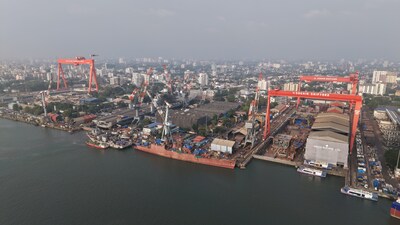.png)
How the bar is raised for brand promises with the "UL verified" marketing claim.
How do you define brand commitment? The brand lexicon describes it as a “combination of performance-related expectations that are awakened in the customer by communicating brand identity and brand positioning.” This means that a brand commitment or brand promise is at the same time part of the value proposition that the company actively communicates to its customers and competitors. The goal is to create differentiated expectations. So far, in the consumer and industrial sectors, only practical experience shows whether a product delivers what the marketing statement (claim) promises. And in the worst case, a product is counterfeited or imitated and yet covers itself with the claims of the originals.
The "UL verified" marketing claim label of the US institute “Underwriters Laboratories ”cannot prevent counterfeiting. But it raises the yardstick for marketing statements and product piracy -after all, the US institute is a supervisory body that product pirates do not engage with.
Why should the product keep its promises?
In the consumer goods sector, poor quality and false brand promises lead to disappointed or lost customers. In an industrial environment, however, decisions are usually made much less quickly and/or intuitively. Purchasing is more of a strategically considered process, which - depending on the investment required- is formed of decisions by several people. The loss of a customer "weighs" much more heavily here because this good business relationship was built up over many years. Only companies that can keep their brand promises, which means, deliver consistently high quality, are "rewarded" by companies with high quality standards by considering them as a long-term supplier or service provider. However, companies with a very good reputation and excellent product portfolio are the prey of counterfeiters. According to the VDMA², almost 71% of the 136 member companies surveyed stated that they had already been victims of product piracy
.png)
igus® is the first German enterprise to validate its claim for chainflex® cables. In a complex certification process, the US institute "Underwriters Laboratories" confirmed the accuracy of the statement" igus® 36-month chainflex® cable guarantee and service life calculator based on 2 billion test cycles per year". This makes the Cologne-based company the first in Europe to have the veracity of an advertising statement confirmed by a testing institution. In future, every chainflex® cable that leaves the factory worldwide will be identified by the UL marketing label with its unique number, referring to igus®.
With the combination of a classic UL certificate and UL marketing label, igus® underpins its quality standards. After all, those responsible at igus® also know that counterfeit products are changing. Previously, the focus was purely on technical replicas, but imitations of the external appearance orentire brands are now becoming a problem in order to benefit from a company's good image through optical imitation¹. igus® has also had to deal with competitors who sold copies under the name of chainflex®. Only legal challengeled to a change in the product name.
A lucrative market: counterfeit technologies
It is assumed that materials handling and intralogistics, electrical automation, textile machines and drive technology are the most affected industrial sectors whose components and machines are counterfeited. Reverse engineering is common here: parts and components are regularly purchased and then systematically dismantled, the functions and process steps analysed and imitated. If technical protective measures are circumvented, the companies are liable to be punished. Counterfeit components are sold through unauthorised dealers or through the use of invasive direct sales methods by the plagiarists themselves.
.png)
Companies fight back with active prevention measures such as increased secrecy, technical copy protection measures, stricter distribution management and more intensive public relations work.
The "UL verified" marketing claim of the US institute "Underwriters Laboratories" enables companies to have their own competencies checked and certified by an external body. This not only underscores the proven product quality, but also confirms the veracity of the value proposition. It remains to be seen whether the certified marketing label will take on a similar importance in the future, such as the quality seal of the classic UL approval, which will also make it much easier to deal with American customs and inspection authorities when importing machines and systems.
Homogenised range of services complicate trade
In addition to counterfeiting, the increasing homo genisation of industrial goods is another challenge for companies toposition their brand wisely. Whether it is a small measuring device or a robot-assisted manufacturing cell, the level of standardisation is increasing. It follows that industrial goods are perceived by customers as interchangeable. Those who do not regulate supply and demand by means of price with so- called “commodity services” mostly use communication as the most important adjustment device to draw attention to themselves in phases of commoditisation.
In this way, for example, companies extend their brand name with attention-grabbing claims.It should package the value proposition in a concrete statement and increase the incentive to buy. Such a claim can put its entire focus on technology and/or engineering. For example Continental supplemented its logo with the claim: "Tyres. State of the Art" and positions its products as leading developments on the market. Instead of the tyre manufacturer, there could also be a mechanical engineer who, for example, holds many patents. If a company focuses on emotional appeal with a claim, such as, Bosch, with the rather general statement "Technology for life" the truth behind the value proposition is rather secondary and more difficult to validate.
Communicate the essence of the point
.png)
Now, the way of communication is chosen depending upon the strategy of a company - an issue that, due to its complexity, will not be discussed here.
It is a fact, that a claim always has to concisely express the essence of an overall technical construct, which is often very complex in an industrial environment. The claim should also be valid in the medium and long term and the content should be very close to the truth. Because, customers take it literally.
The entity "Underwriters Laboratories" validates the advertising statement on a product for its truthfulness and certifies it with its label. For companies that export industrial goods to North America, the small label "UL verified" marketing claim with the customs and inspection authorities" may soon become as regarded as the classic UL approval.
Machine replacement: new (certified) technologies are in demand
A look at the trade relations between the USA and Europe show that despite the sometimes - politically based- difficult conditions, the interest in machines from Germany is unchanged. According to media information, the export quota for machines to theUSA³ has been above that of China again since 2015. In the third quarter of 2019, machine exports to the USA rose by2.7% and reached their highest value since 2008 at 11.3%. One of the reasons for the strong demand is likely the partly outdated machinery in the USA, which is being replaced. Industrial sectors such as metal processing or food production are still relatively little automated, while vehicle construction, the aerospace industry and medical technology are operating in a much more modern way.
For German and European suppliers of machines and production systems, the different technical standards and norms on the OEM and operator side in North America represent a hurdle, which you can now confidently counter, but which must be given lasting attention, especially against the background of the current trade policy framework.
The past shows that organisations in Europe and America have been trying to harmonise their regulations for years - the dynamics in foreign policy is currently the biggest hurdle.
Proving compliance with the value proposition
With the "UL verified" marketing claim label, the "Underwriters Laboratories" have created a certificate that gives industrial companies the opportunity to demonstrate their communicated promise of performance/use of a European/German machine, apart or a component. This makes market entry easier because the UL Institute is the best-known and widely accepted test organisation in the USA. It regularly publishes standards and certifies products such as chainflex® cablesof the Cologne-based company igus®.
The general UL standards are not yet mandatorily required everywhere in the USA and the UL marketing label is a voluntary matter. If companies want to keep several options open and support their product commitments, certification is a good option.
.png)
igus® guarantees its customers, for example, that installed chainflex® cables keep their user promise. For this reason, it was only logical to have the claim "igus® 36-month chainflex® cable guarantee and service life calculator based on 2 billion test cycles per year" certified. A total of 1,044 of the more than 1,350 chainflex® cables in the portfolio and available from stock already have a classic UL approval, without which
the export of foundry machines, robotics and automation systems, machine tools or systems for printing and paper technology in the US would in all likelihood run less smoothly. The combination of UL approval and the UL marketing label benefits exports twice over. In addition to customs clearance, it also facilitates commissioning at a later stage, since the manufacturer promises not only proof of electrical safety, but also a guarantee period for 36 months with a defined number of cycles of movements.
For anyone who installs UL certified chainflex® cables, it is easier to get through the Factory Acceptance Test (FAT), and with the UL Marketing Certificate demonstrates that the36-month guarantee with 2 billion cycles is not just an advertising statement for the chainflex® cables.
UL marketing certification as a multi-stage audit
The complex certification procedure for the claim "igus® 36-month chainflex® cable guarantee and service life calculator based on 2 billion test cycles per year", was carried out by representatives of the US institute at the igus® location in Cologne. The following four sub-areas were validated:
.png)
The label now proves that the quality statement on the chainflex® cables and their durability, service life and full functionality have been tested and certified. For companies that install these cables in their plant, they offer more safety overall, from purchasing parts for plant construction, customs clearance and shipping of the machines to America, right up to commissioning. Those who install chainflex® cables are on the safe side in terms of parameters such as temperature, type of movement, torsion, media influence or bend radius. In contrast to the two aforementioned claims by Continental or Bosch, the truthfulness of the user promise is guaranteed up to the smallest detail by means of the UL Marketing Certificate. For this purpose, igus® opened its 3,800m²test laboratory to the representatives of the "Underwriters Laboratories". At times,800 tests are carried out in parallel here. The auditors took part in material examinations, design inspections, quality tests during production and service life and long-term tests - including a final glimpse into the entire documentation.
.png)
Conclusion
In a time of constantly changing economic conditions, two things matter above everything else: trust and safety. For business relationships, sales and ultimately for the use of industrial goods! For both sides, the certification of a value proposition and the concomitant documented quality of machines, components and parts make a contribution to more reliability that should not be underestimated.
ABOUT IGUS
igus GmbH develops and produces motion plastics. These lubrication-free, high-performance polymers improve technology and reduce costs wherever things move. In energy supplies, highly flexible cables, plain and linear bearings as well as lead screw technology made of tribo-polymers, igus is the worldwide market leader. The family-run company based in Cologne, Germany, is represented in 35 countries and employs 4,150 people across the globe. In 2020, igus generated a turnover of €727 million. Research in the industry's largest test laboratories constantly yields innovations and more security for users. 234,000 articles are available from stock and the service life can be calculated online. In recent years, the company has expanded by creating internal startups, e.g. for ball bearings, robot drives, 3D printing, the RBTX platform for Lean Robotics and intelligent "smart plastics" for Industry 4.0. Among the most important environmental investments are the "chainge" programme – recycling of used e-chains - and the participation in an enterprise that produces oil from plastic waste (Plastic2Oil).





.png)


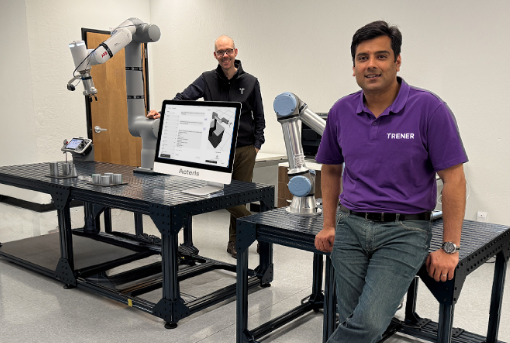
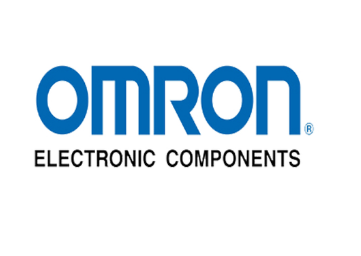
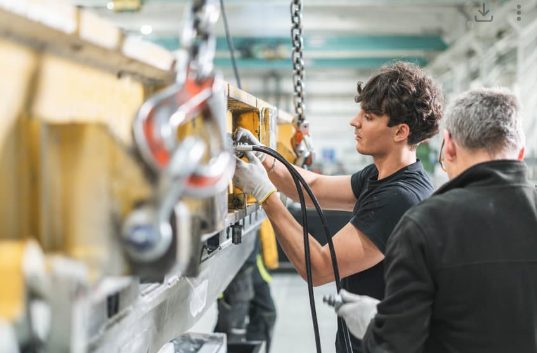
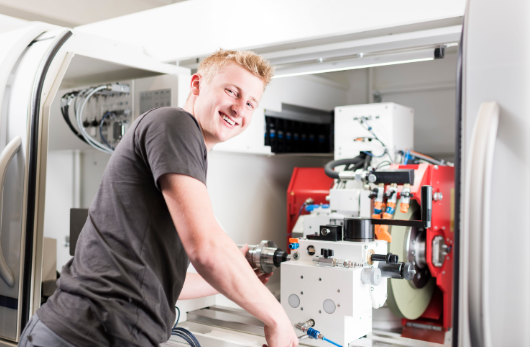

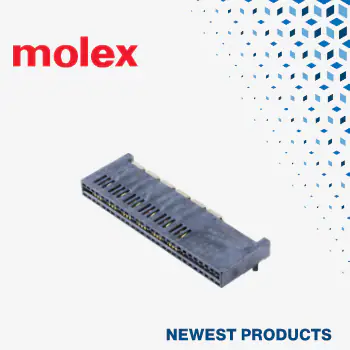
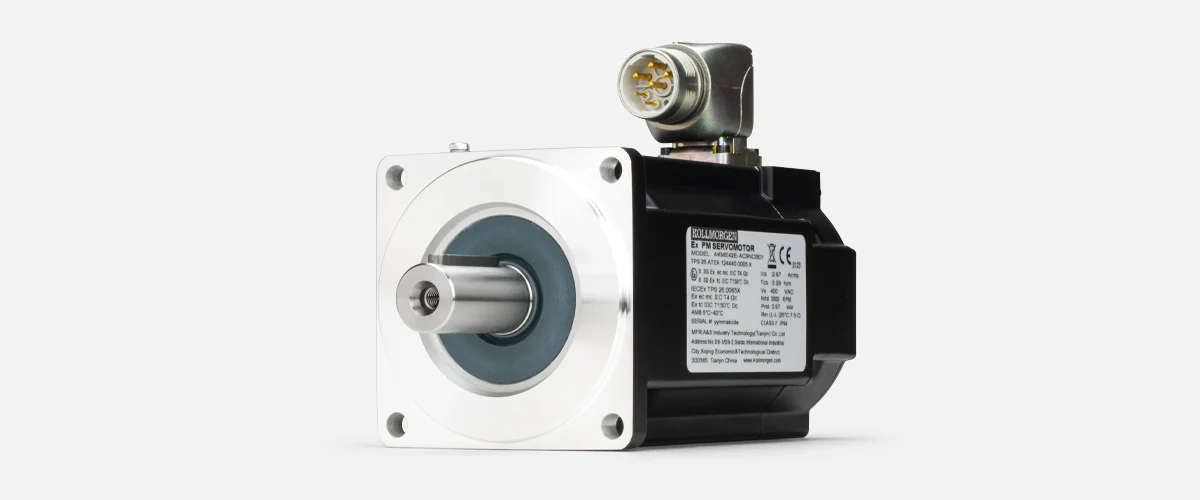

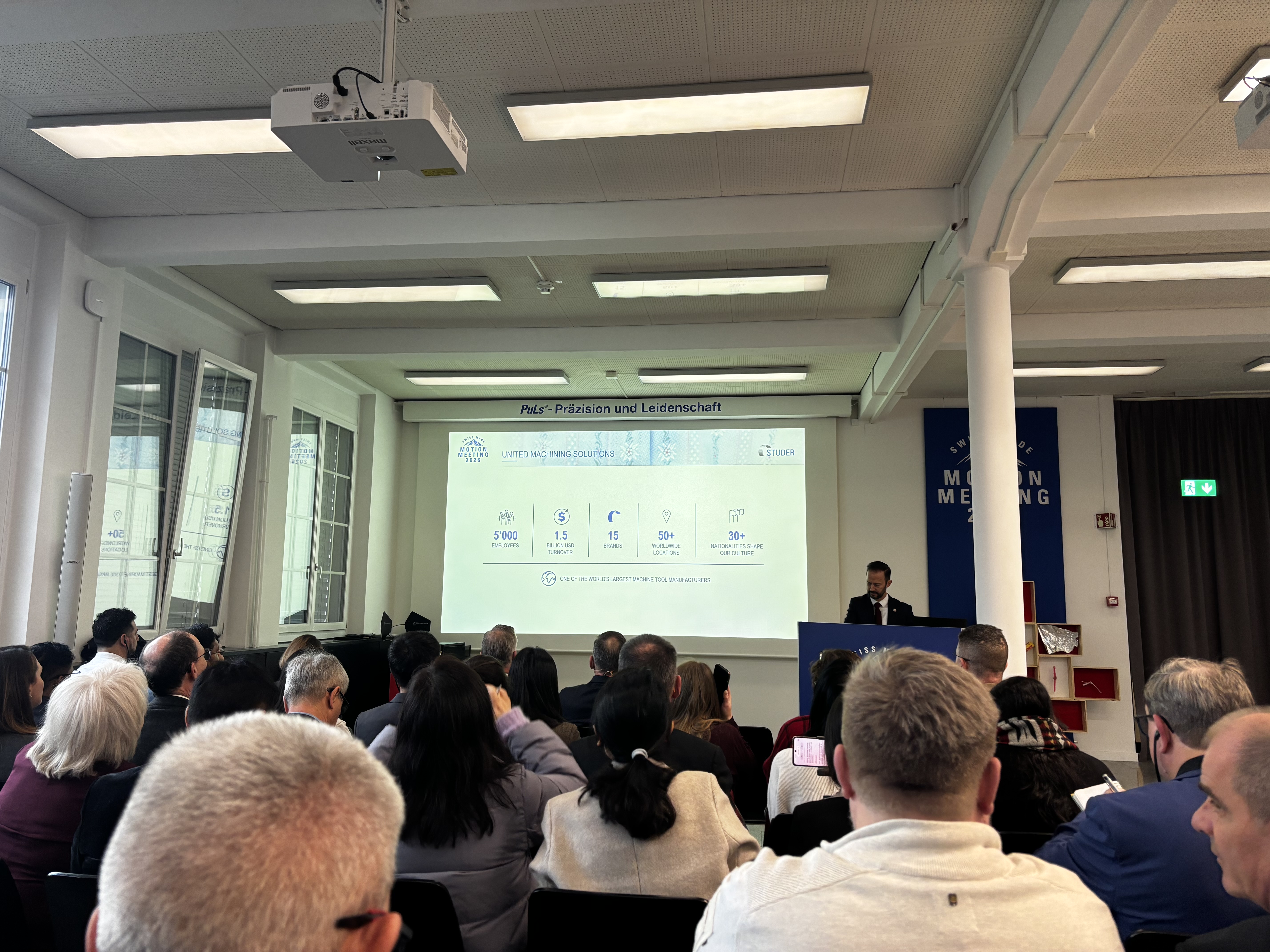
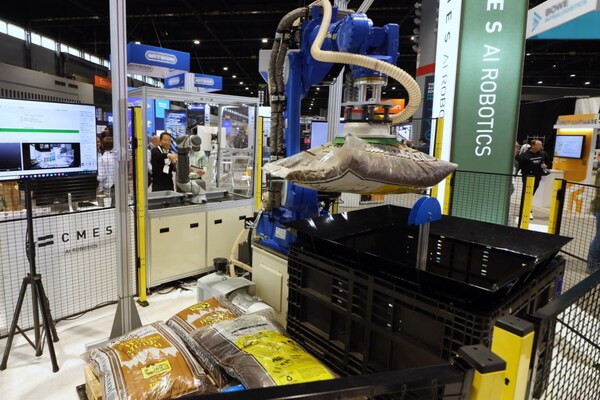
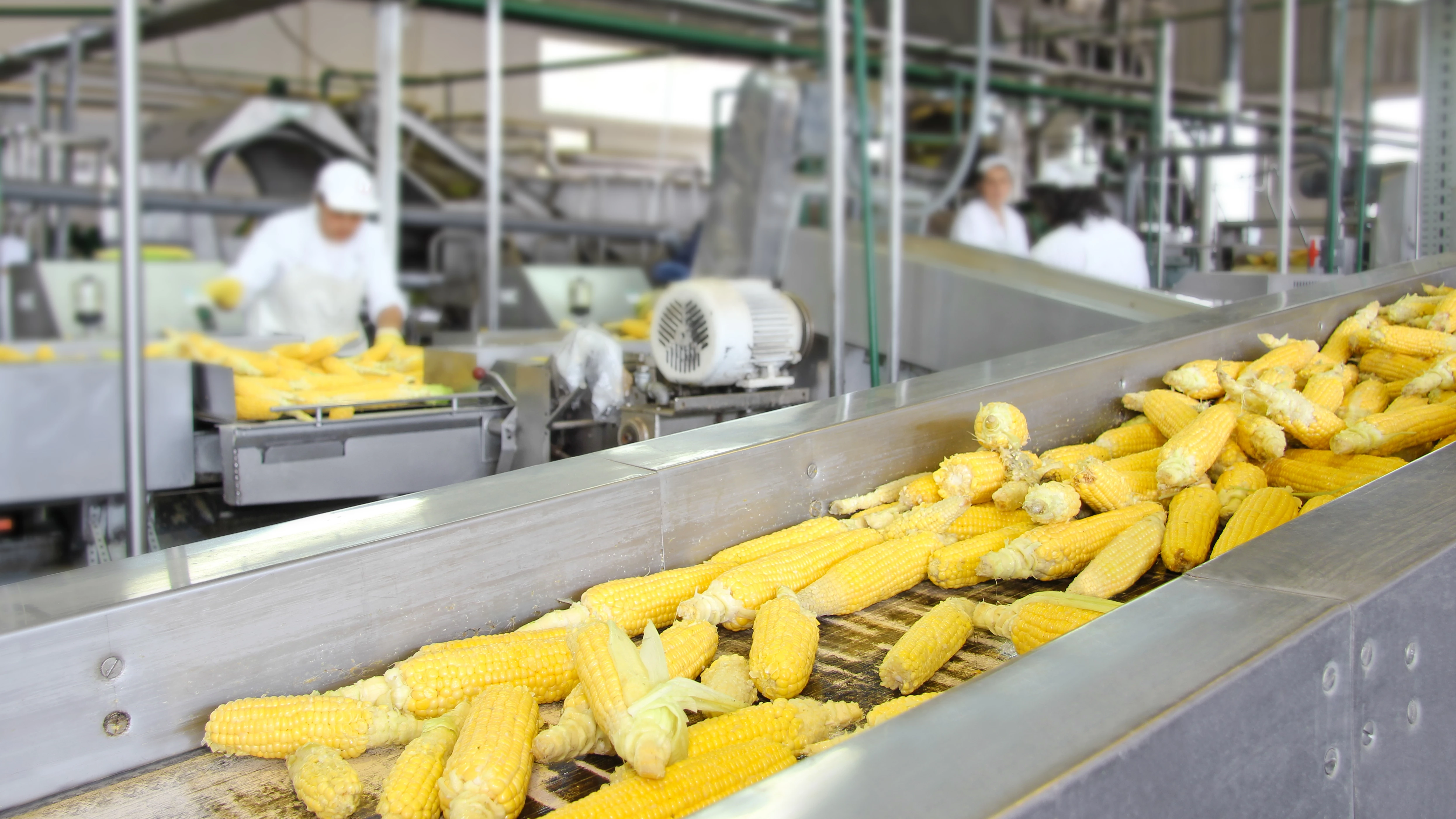
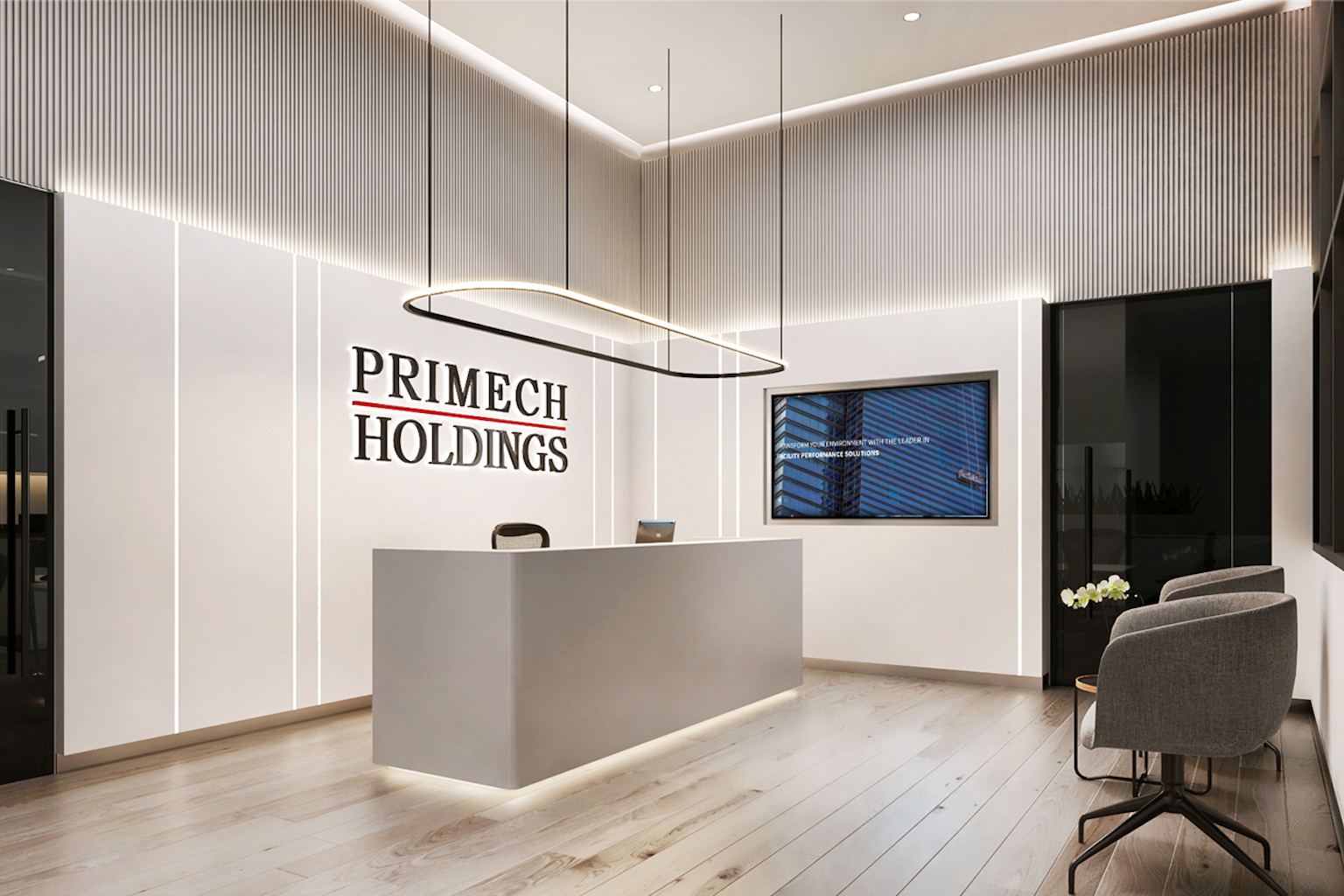





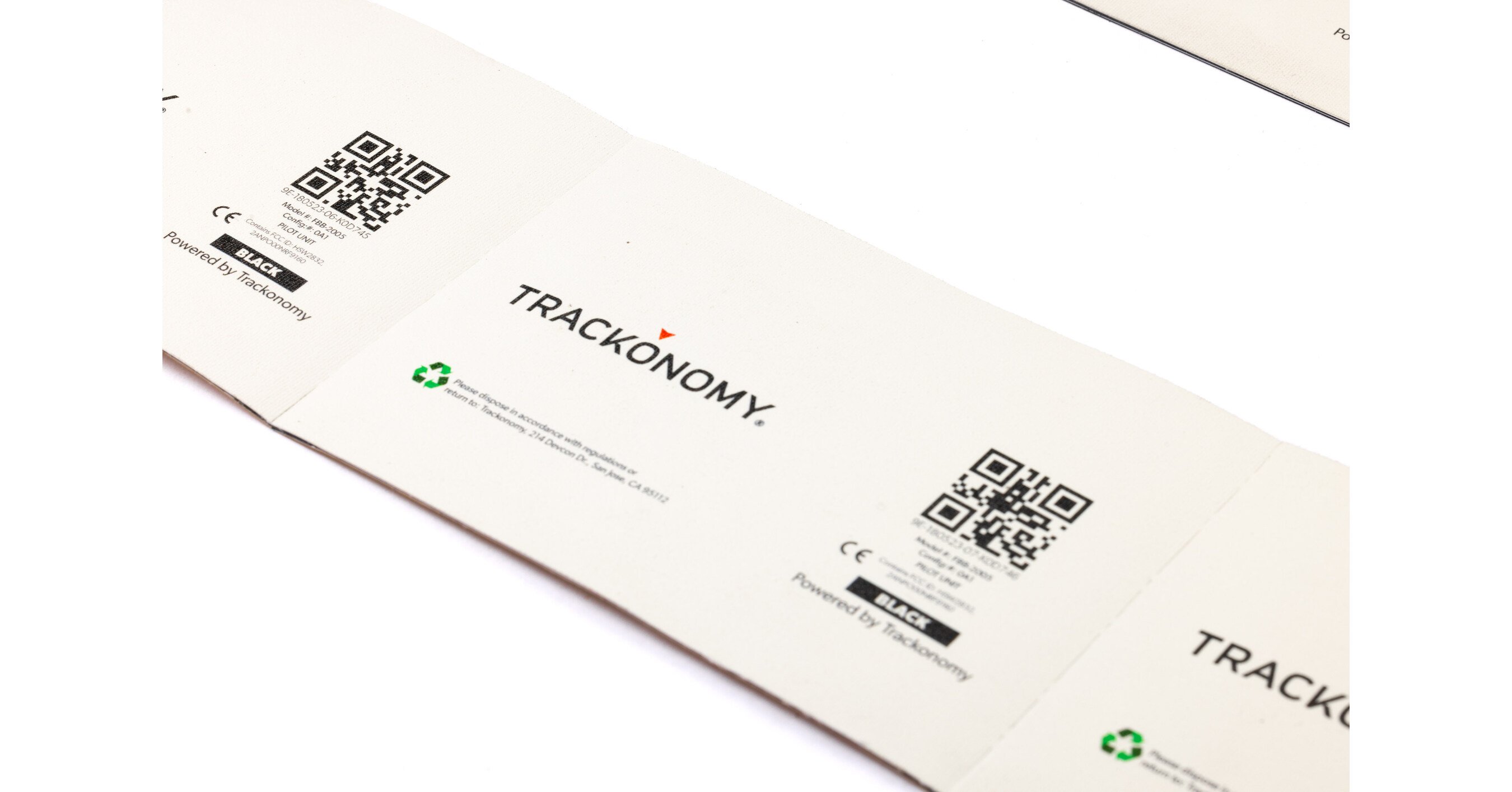
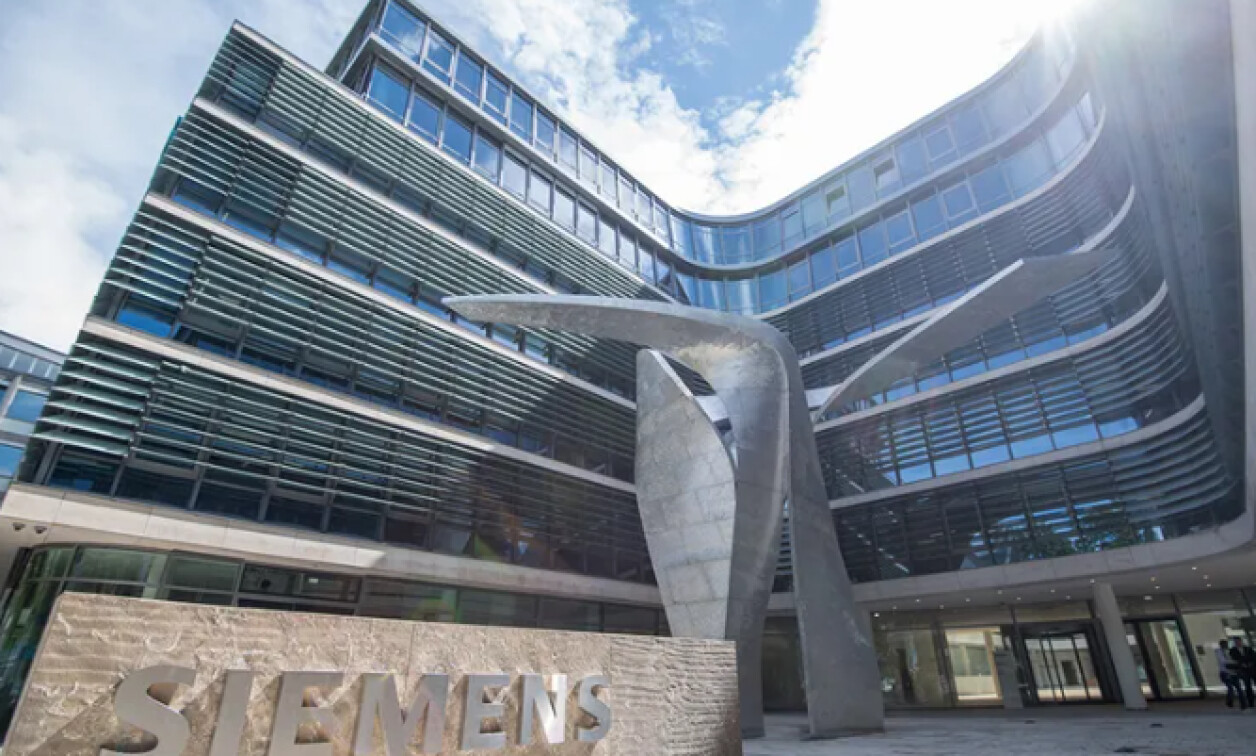
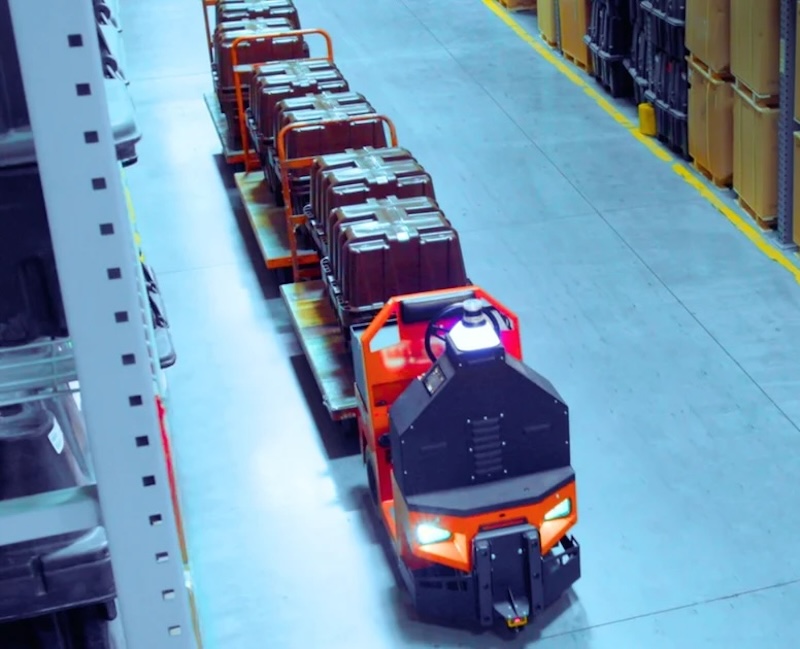
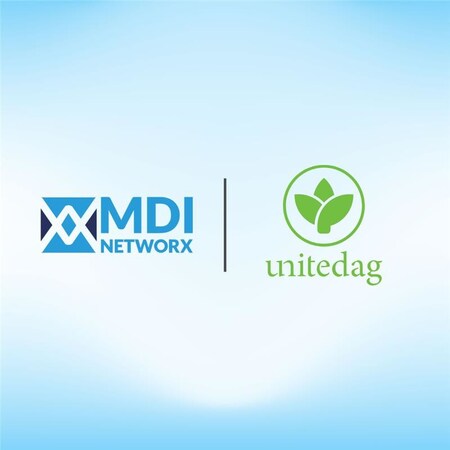
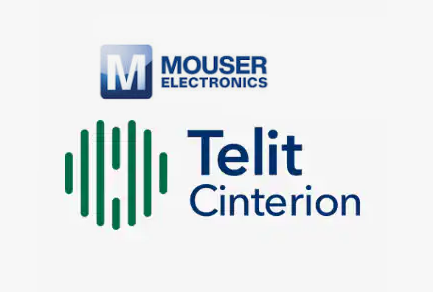
.jpg)
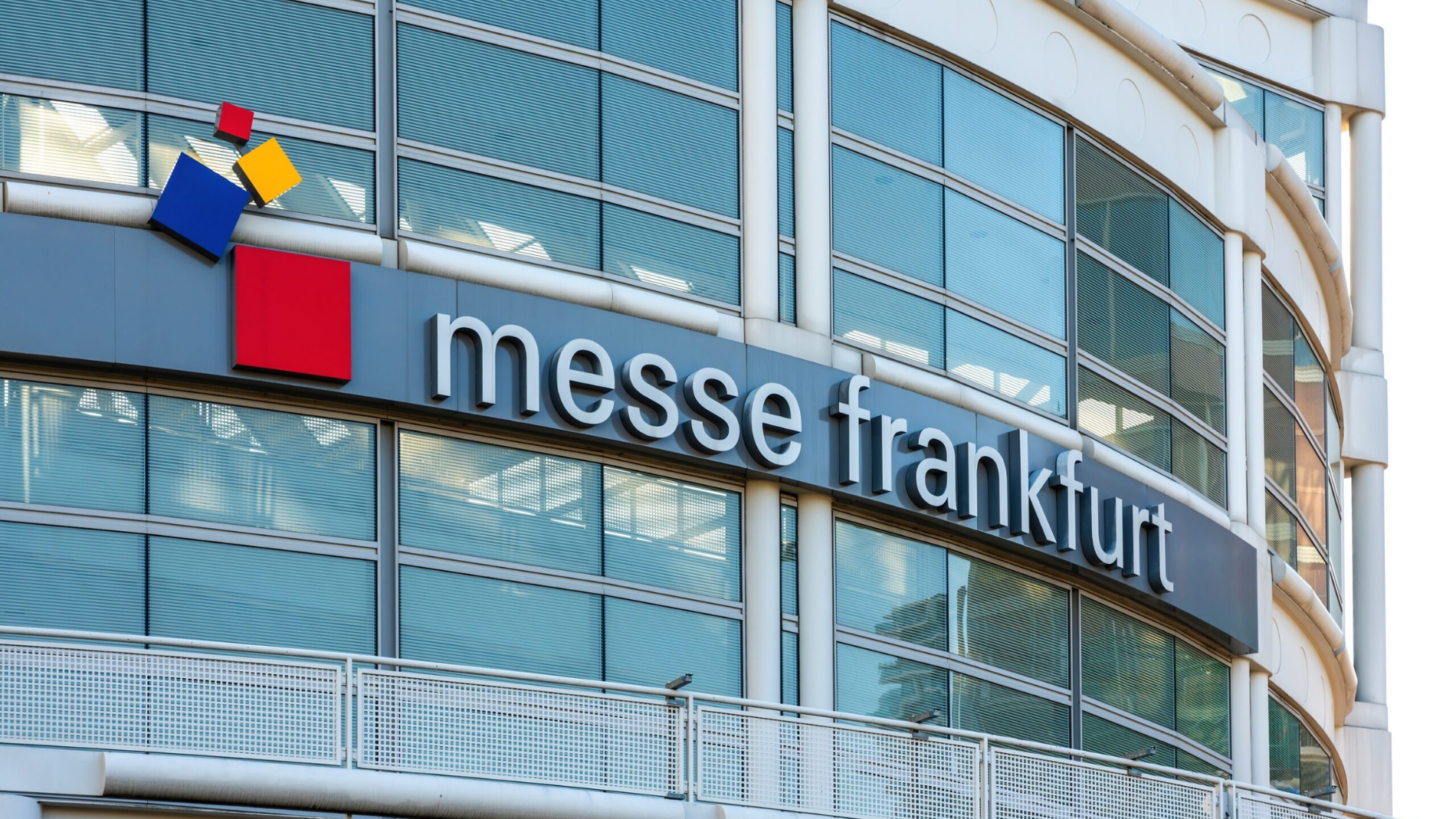
.webp)
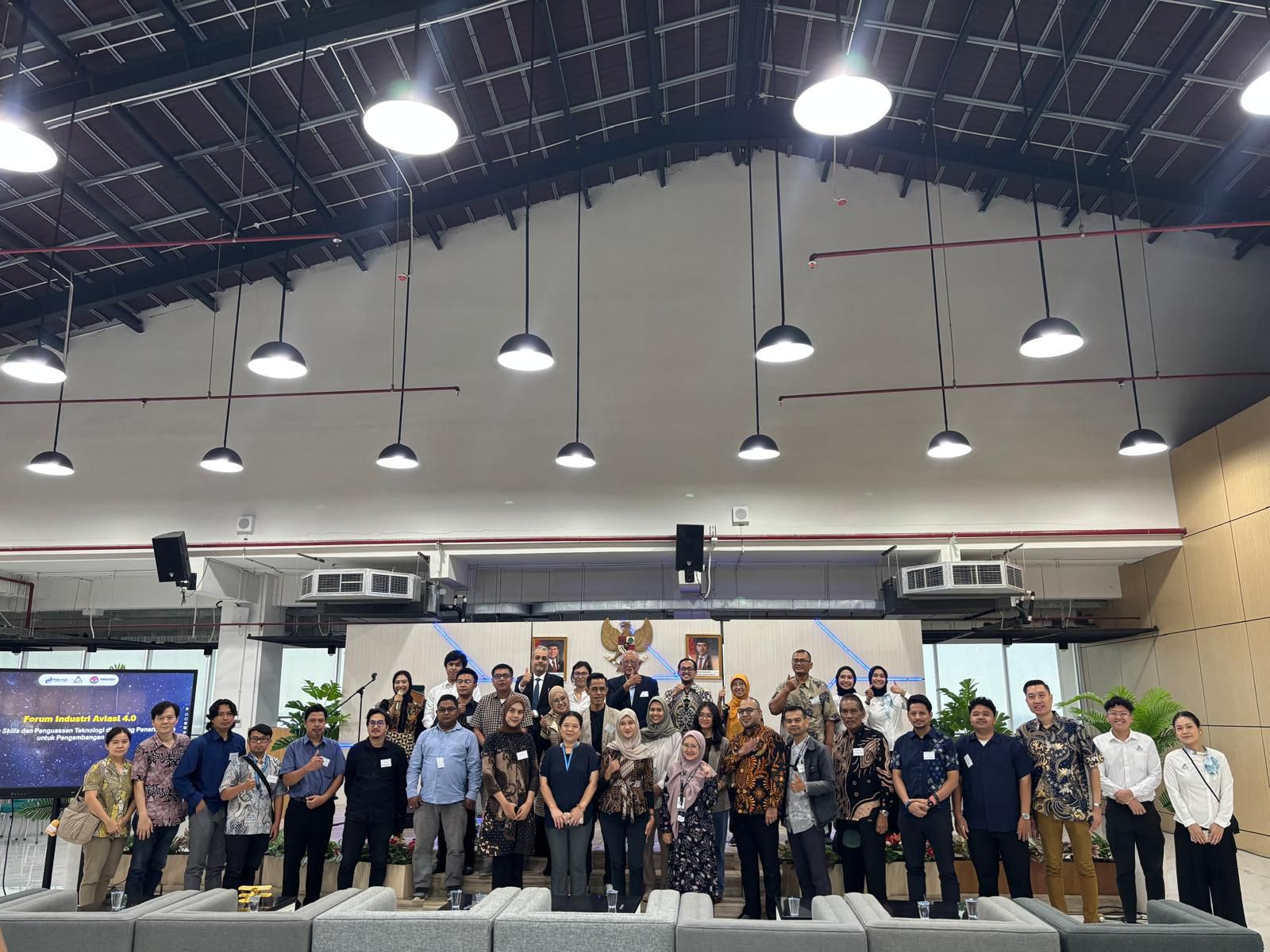



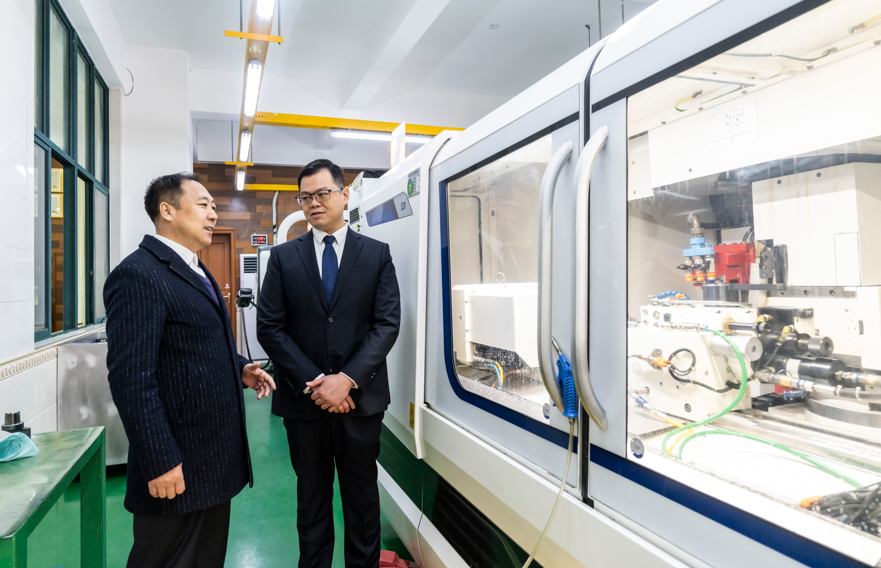

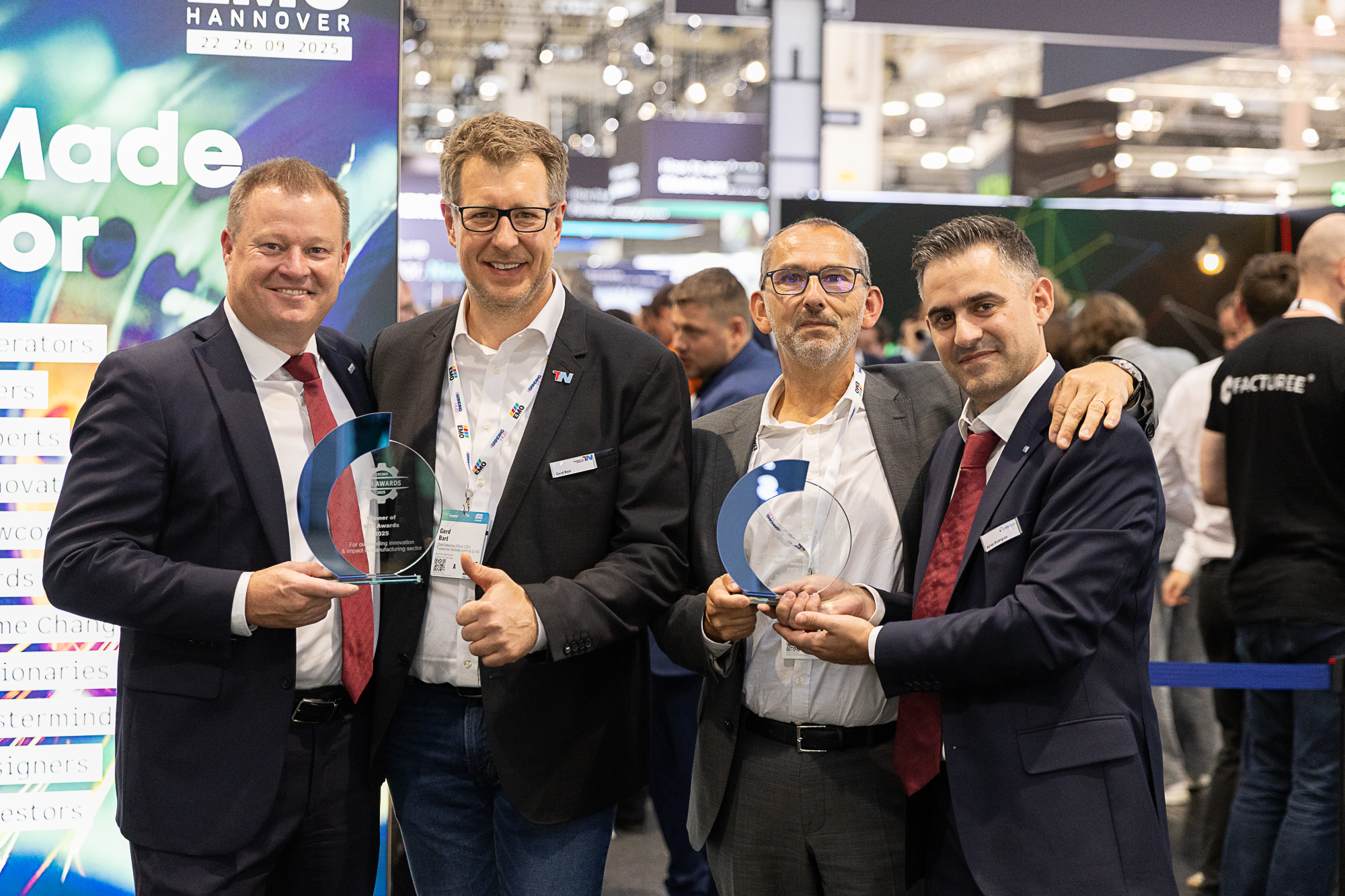
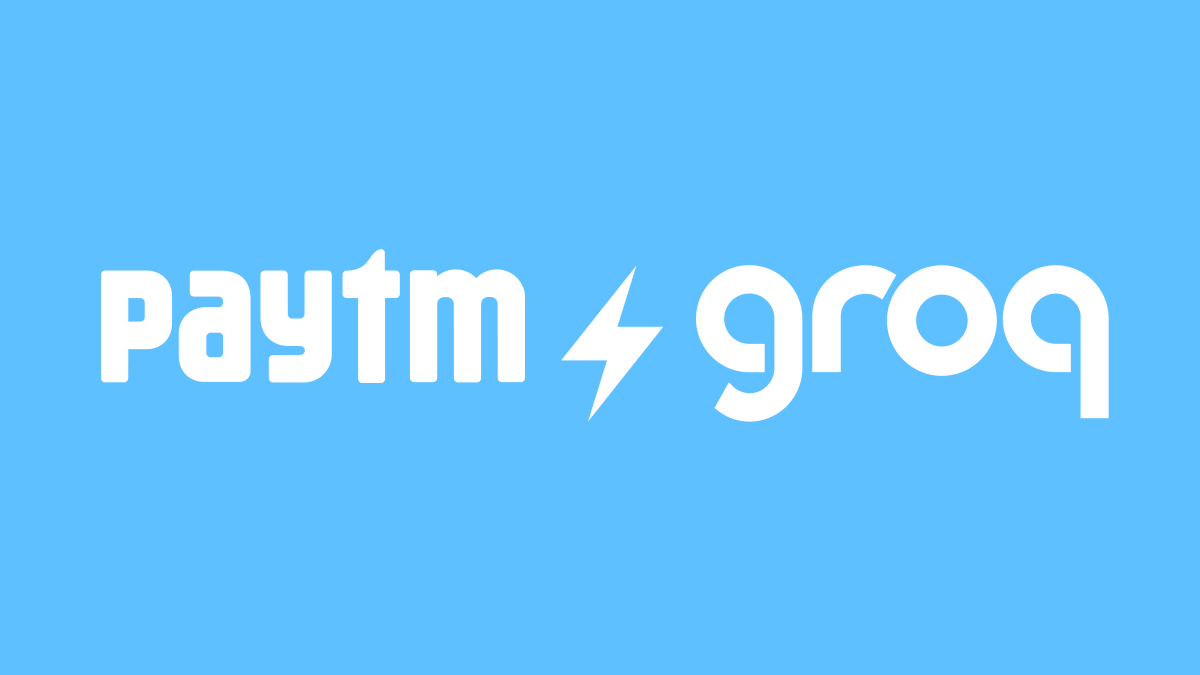
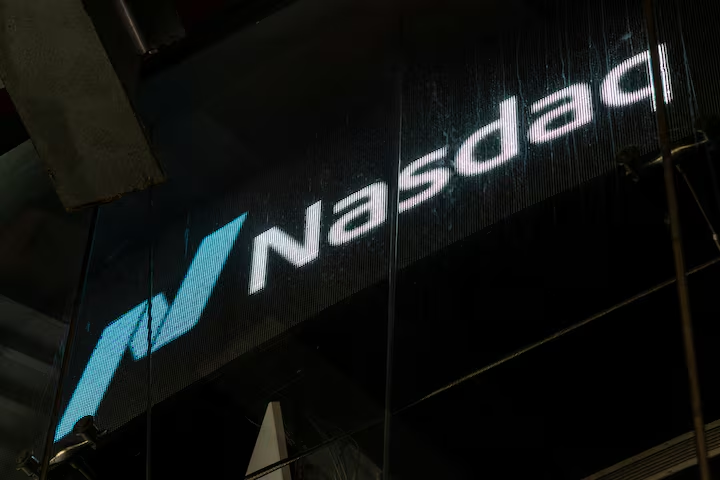



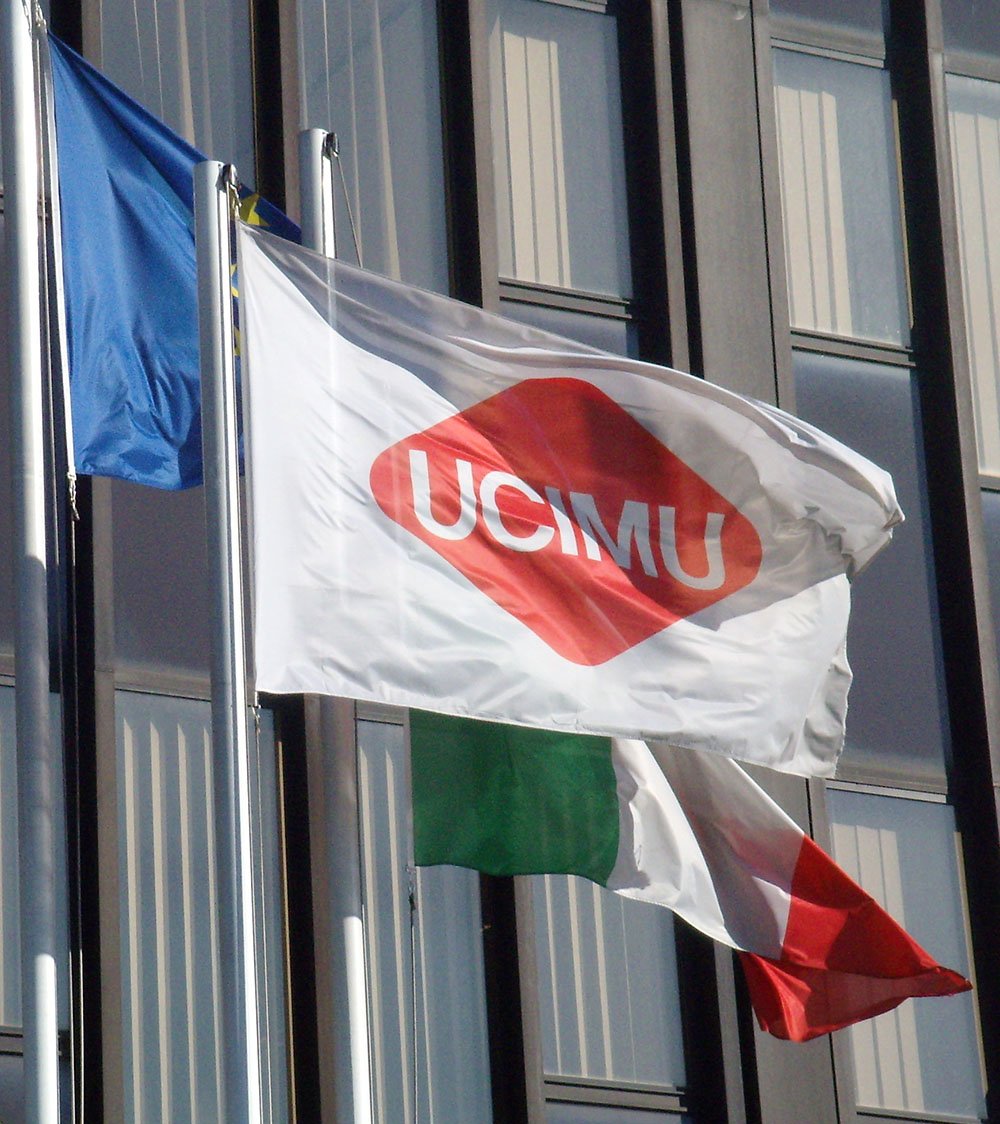
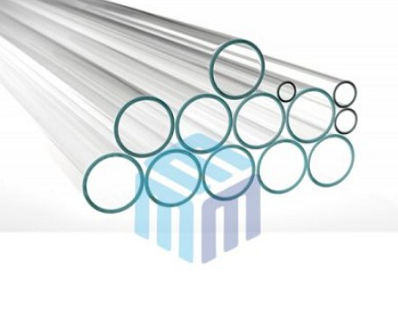



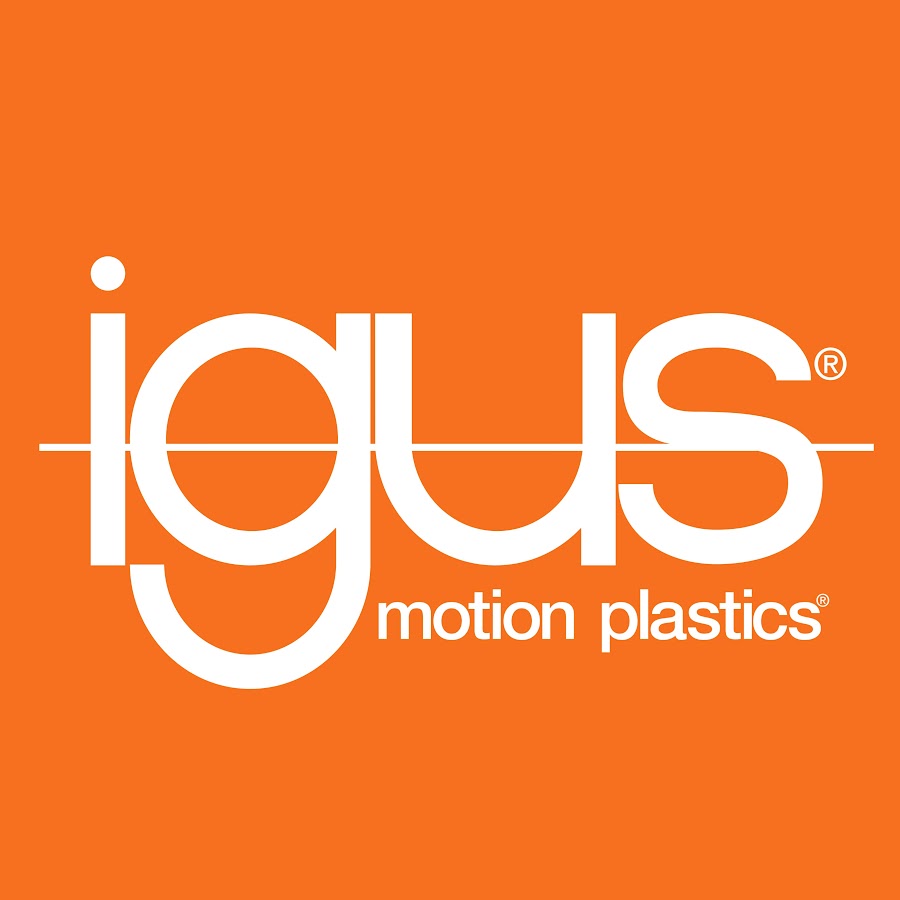
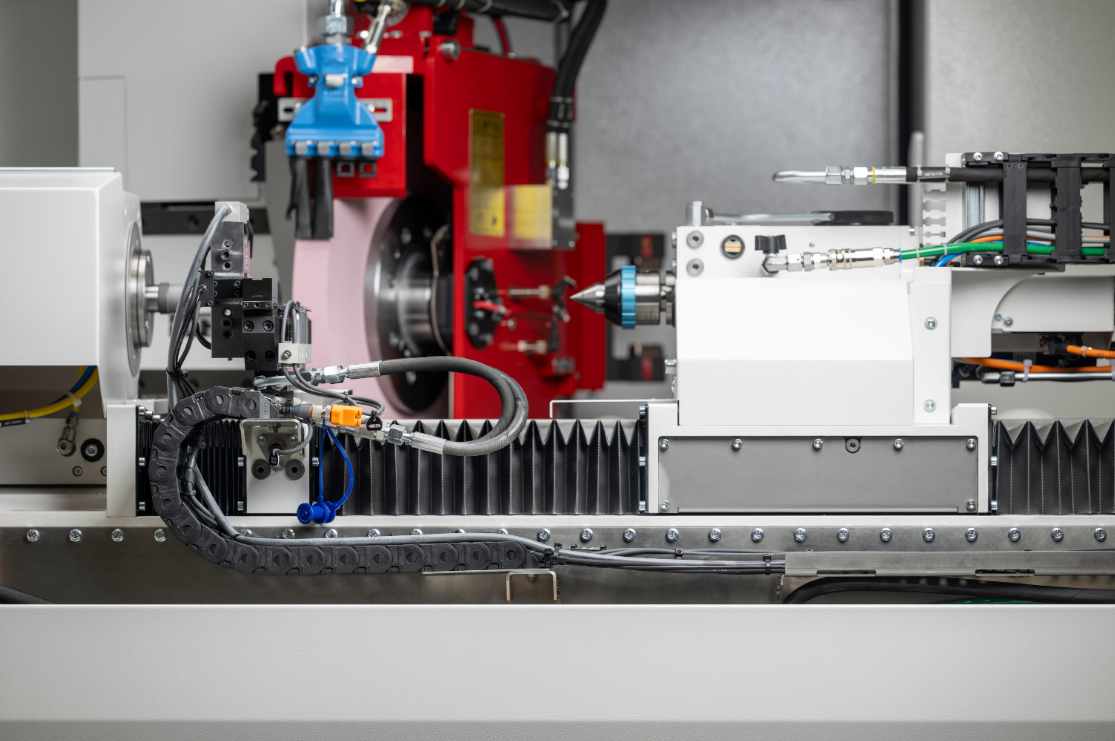

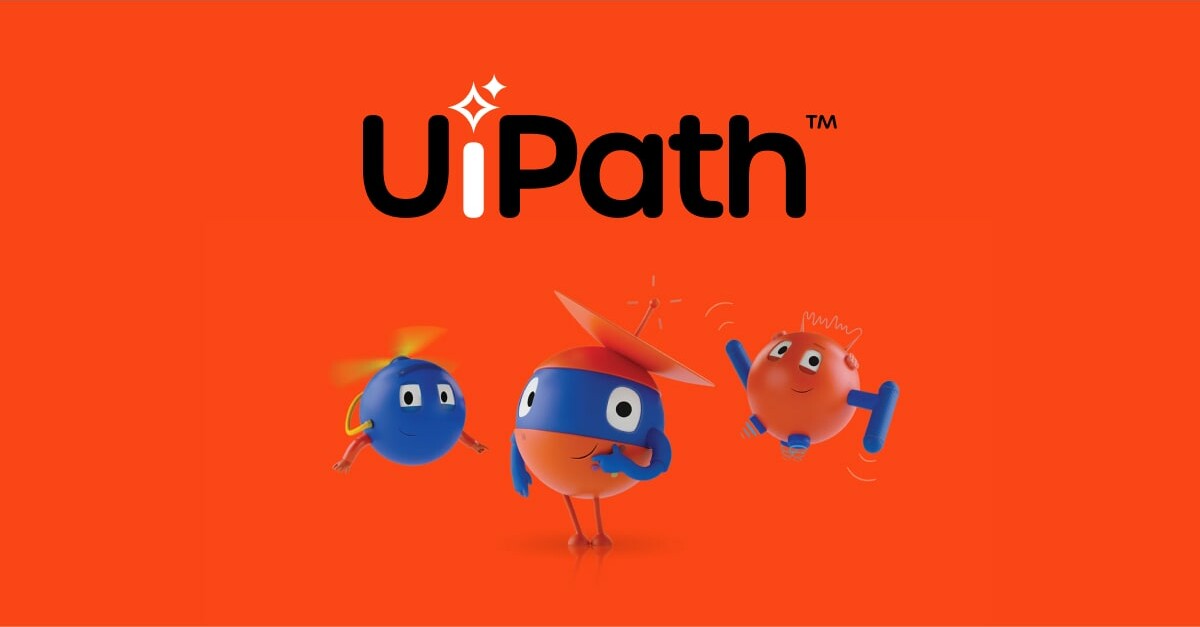
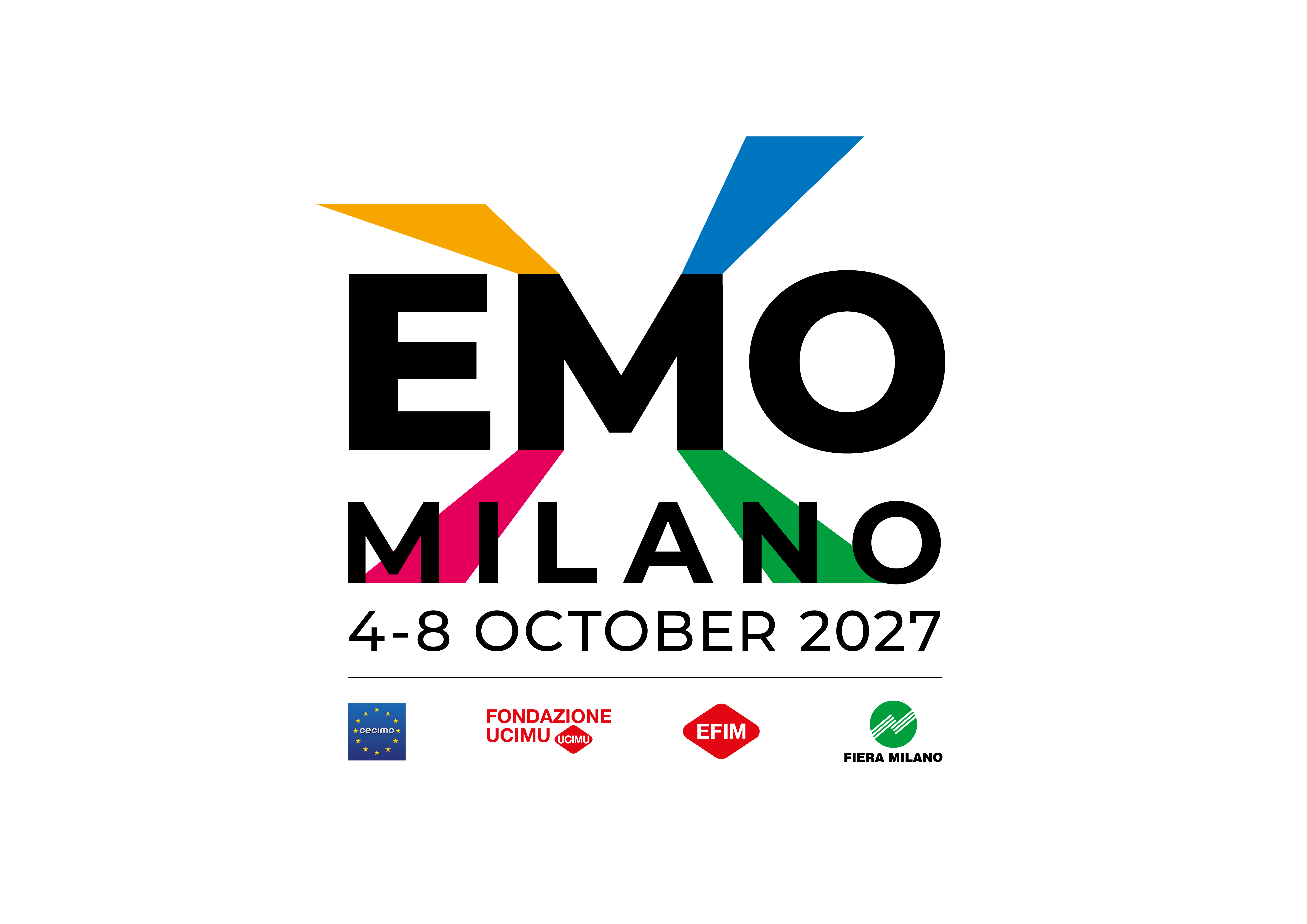

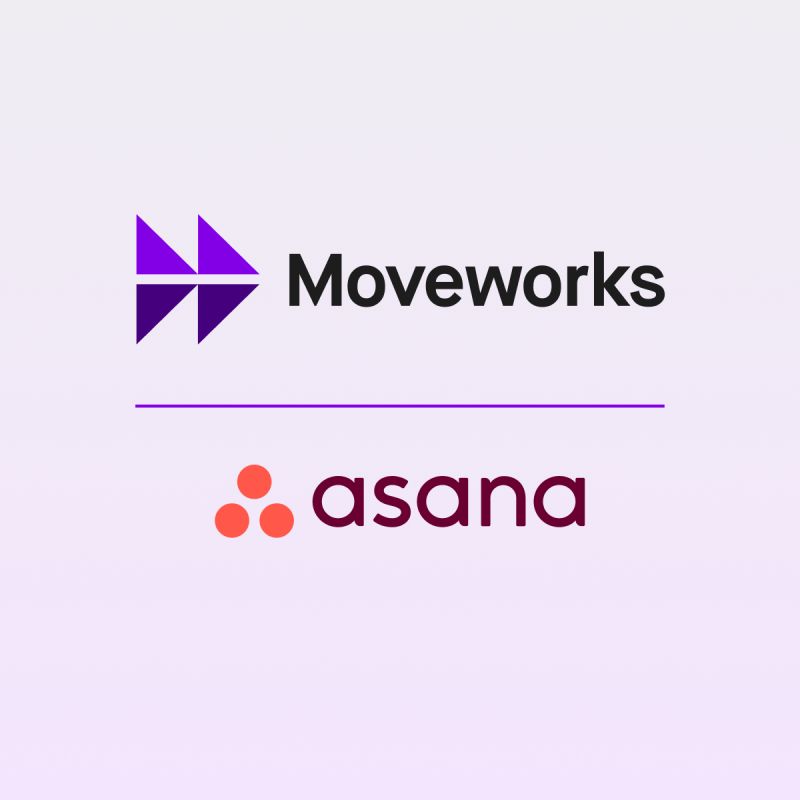

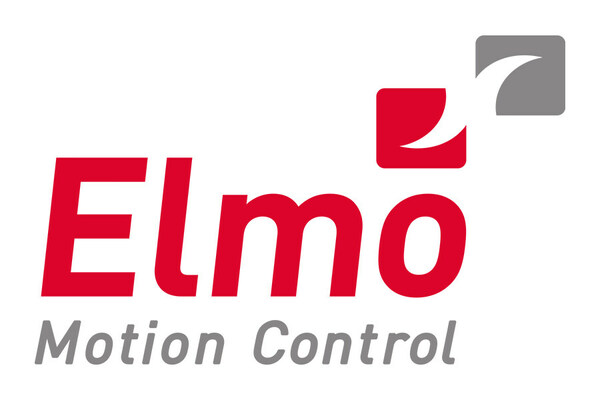



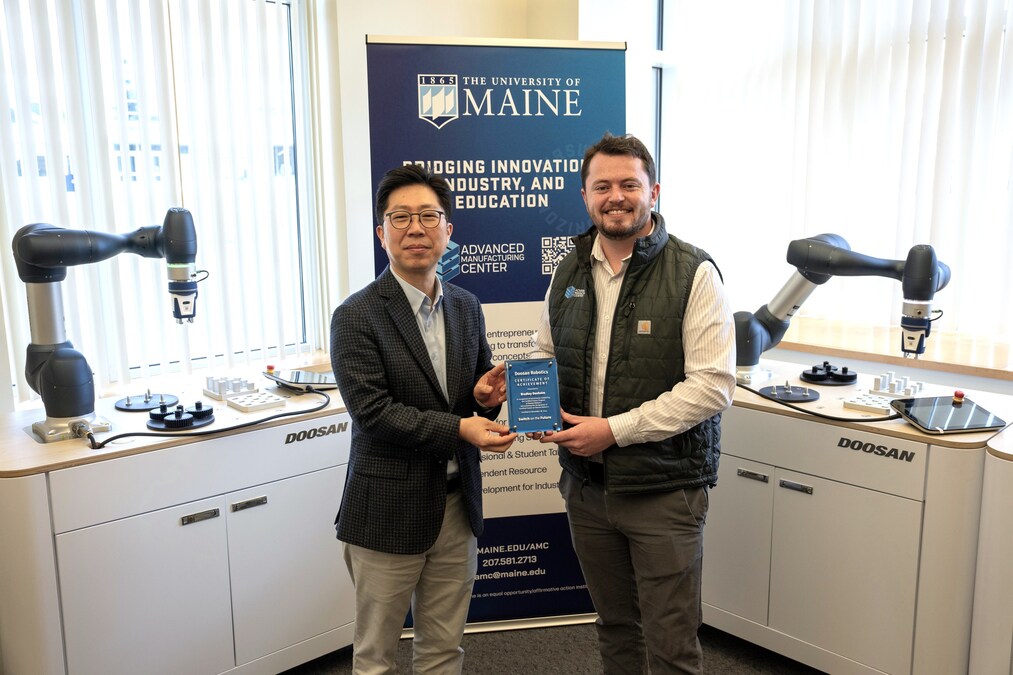
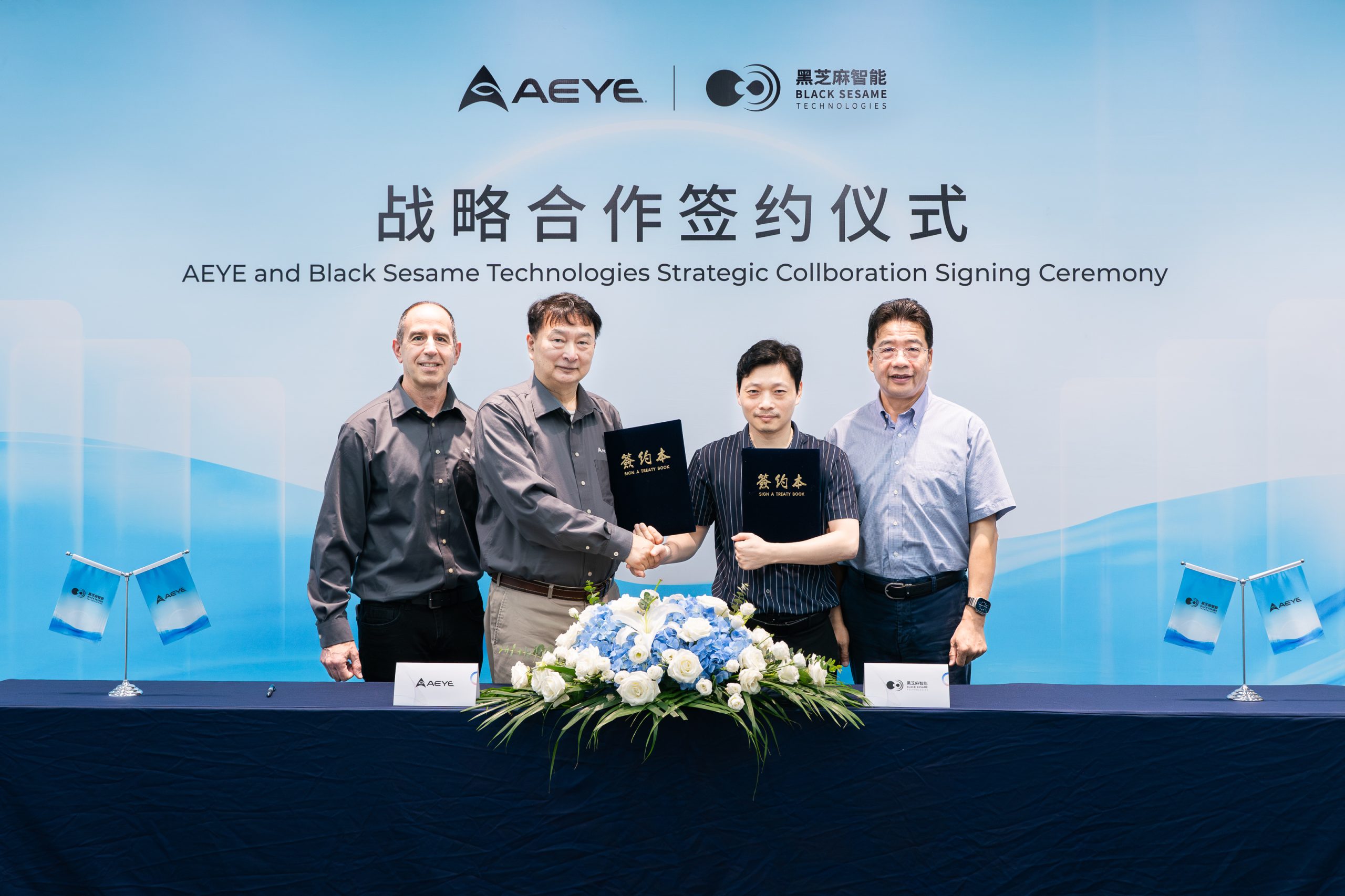

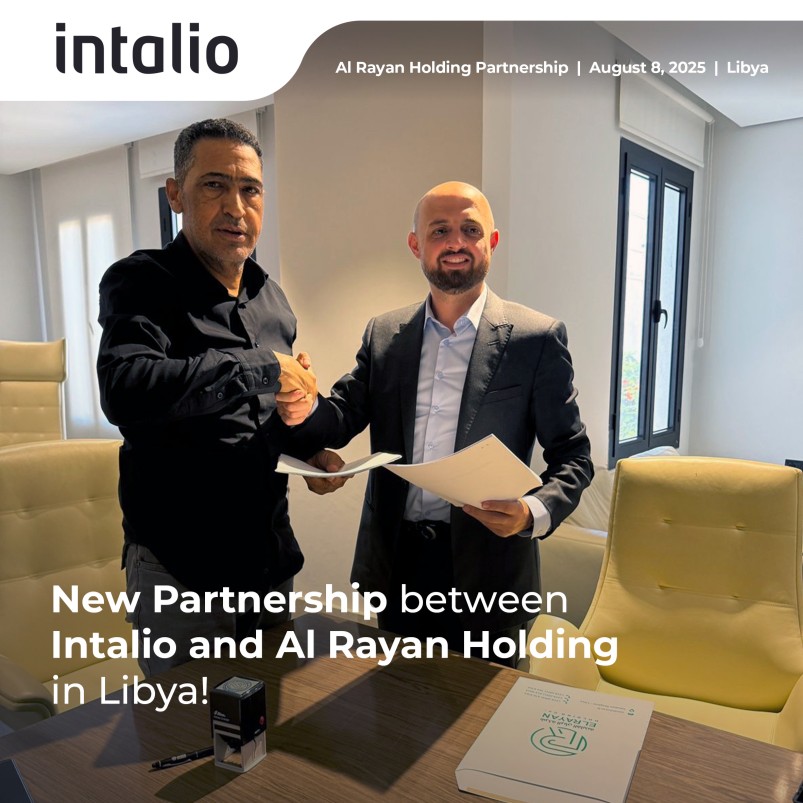
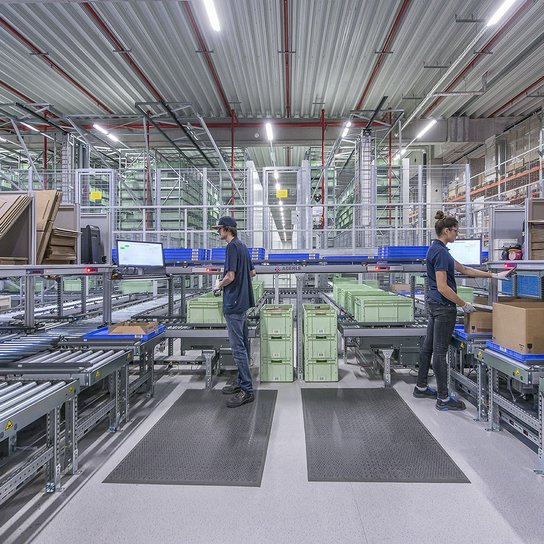
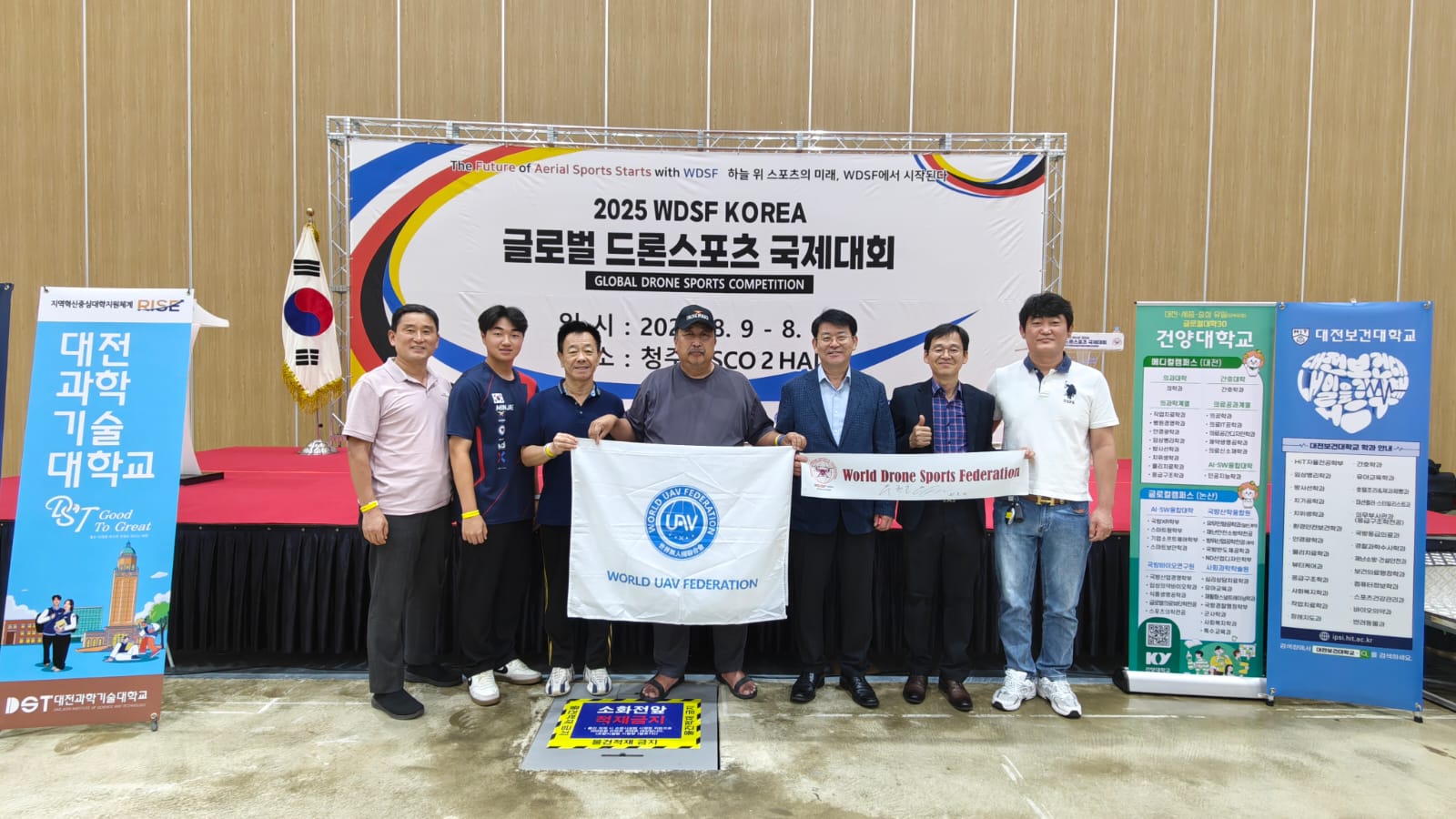

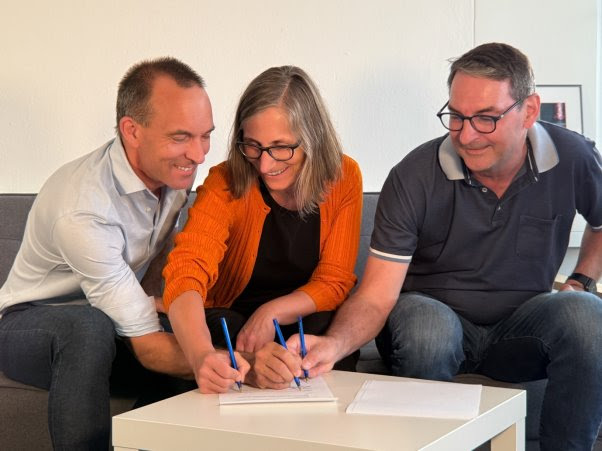

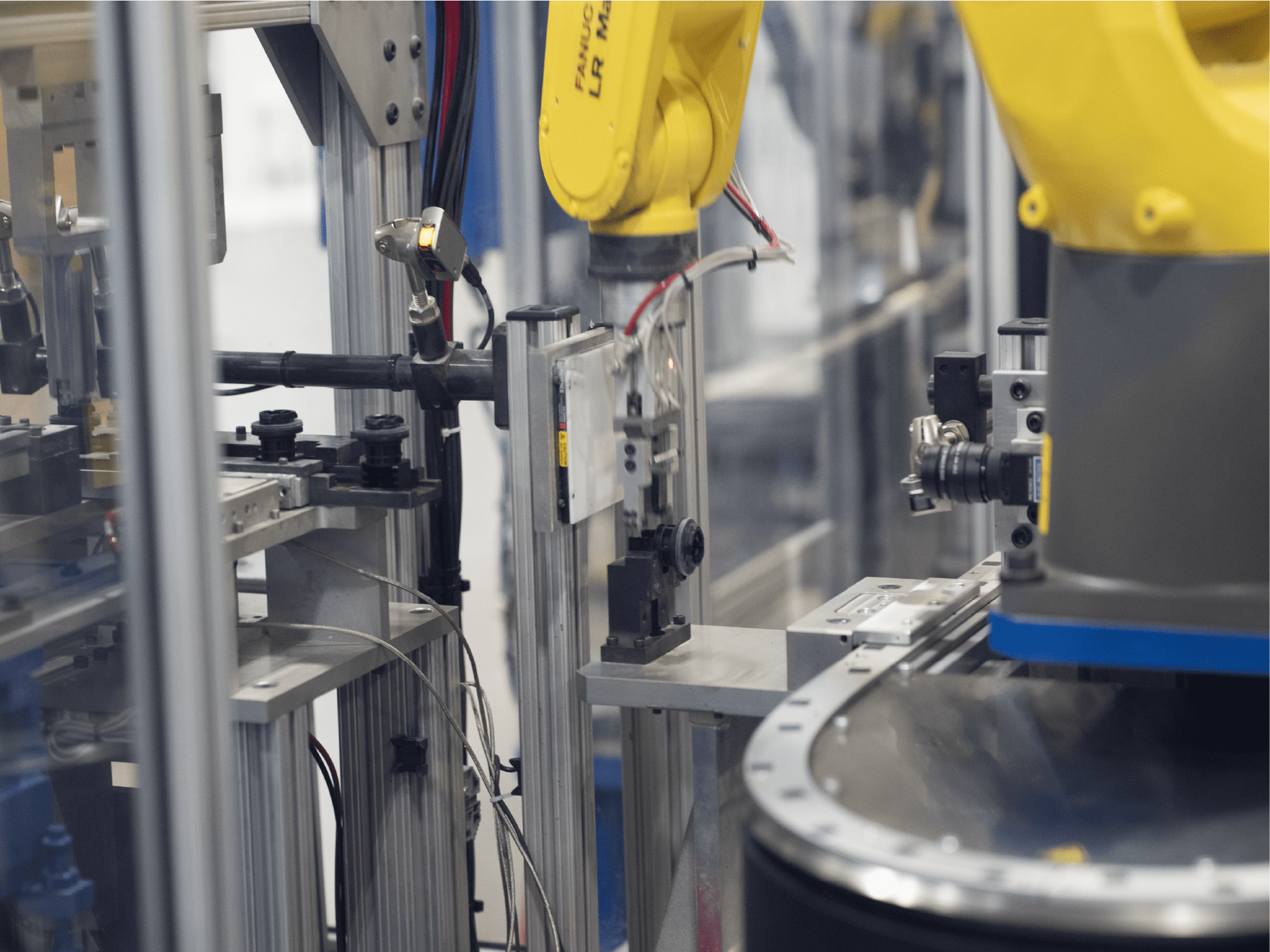
.webp)


